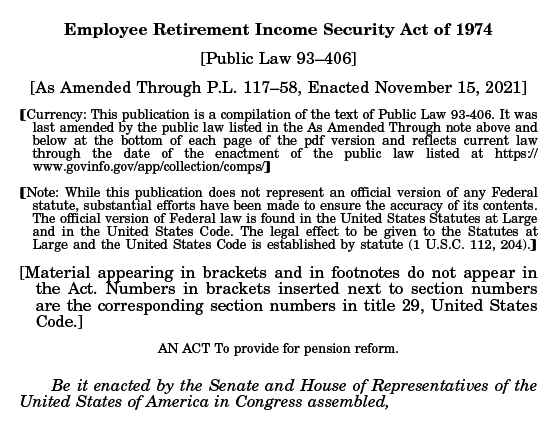Couples begin married life full of hopes, dreams, and happy expectations. For some folks, their dreams come true and they continue together along life’s highway. However, others experience different situations that lead to divorce. Sometimes one party wants a divorce; other times both parties agree that splitting up is the best option.
Either way, financial considerations become a significant part of the divorce process. Since this is an extremely emotional time for both parties, legal assistance from an experienced family law attorney becomes vital.
Is Michigan a Community Property State?
No. Michigan is NOT a community property state. In a community property state, everything is divided 50/50. Michigan is a dual property state. Michigan divorce law places property into two categories: marital property and separate property. Marital property is any property, or debt acquired during the marriage. This property type will be divided “equitably” between the parties.
Basically, it will be divided equally unless the court decides there is a reason to split it differently. The other type of Michigan property is separate property. This includes inheritance or any gifts received during the marriage. Separate property stays with the owner UNLESS the owner comingled it with marital property.
In other words, if one spouse receives an inheritance and places those funds in a joint bank account (held with spouse), then, the inheritance funds become marital property. So, discuss the differences between marital property and separate property with your attorney.
Marital Property in Michigan
Marital property includes any property, bank accounts, retirement accounts, stocks, bonds, automobiles, trucks, businesses, or personal possessions obtained, bought, or established during the marriage. Each case is different; however, courts look at certain factors when dividing assets including:
- Length of marriage
- Needs of children
- Did one party sacrifice their career for raising children?
- Was any property obtained before the marriage?
What Happens to an IRA, Pension, or 401K in a Divorce?

Michigan divorce law considers retirement accounts marital assets. Splitting an IRA is quite different than dividing a 401K, or a pension. All require an attorney’s assistance. Never rely on “verbal agreements” with your soon to be ex-spouse regarding these future monies.
An experienced family law attorney will advise you on the legal paperwork required before your divorce is final. For example, an IRA division does not require a QDRO (Qualified Domestic Relations Order). Yet, a 401K plan or a pension plan may require a QDRO signed by a judge and approved by the plan’s administrator. A QDRO is required when a plan is covered by ERISA.
The Employee Retirement Income Security Act of 1974 (ERISA) is a federal statute that protects certain private company workers. In other words, it’s a private plan that is federally protected. Other times, a DRO (Domestic Relations Order) may be issued regarding pension or retirement plans.
Why is QDRO or DRO Important?
A QDRO or DRO remains vital for both parties. The QDRO becomes necessary if one of the parties has a private pension or retirement plan covered by ERISA. If the plan is not covered by ERISA, then the judge signs a DRO. These legal orders protect each spouse’s portion of pension funds or retirement accounts. The orders also save the owner taxes from an early withdrawal penalty. That may occur if the funds are dispersed before the owner is 59 1/2. Spouses on the receiving end of the funds may discuss options with their attorney or tax consultant. Dividing retirement accounts is a complex task. Depending on your age and the market, funds may increase or decrease. So, make sure you speak to an experienced attorney before setting up this part of your divorce.




